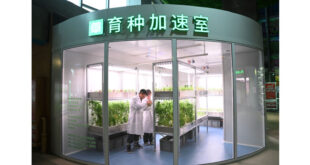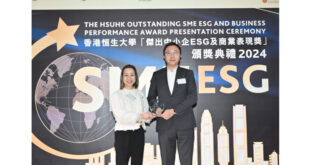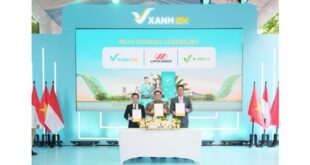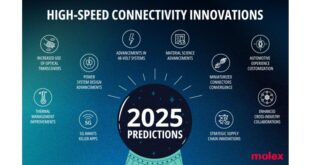HONG KONG SAR – Media OutReach – 5 August
2021 – Schneider Electric, the leader in
the digital transformation of energy management and automation, and Global Footprint
Network (GFN), a research organization that tracks how the
world manages natural resources, today launched the “100 Days of Possibility”
initiative. The initiative seeks to promote solutions that help address climate
change and biodiversity loss.
The launch of the initiative coincides with Earth Overshoot Day – the date when
humanity exhausts all ecological resources the planet can regenerate during an
entire year.
The 100 days referenced in the initiative’s name mark the time left
until the start of the 26th annual UN Climate Conference (COP26), when
government officials from around the globe will gather in Glasgow, Scotland, to
try to agree on effective actions to combat climate change.
The solutions highlighted by the project underpin its key message:
Companies, governments and individuals can act now –there is no need to
wait for decisions to be made at COP26.
Opportunities and solutions across all sectors will be revealed each day
leading up to COP26 at 100DaysofPossibility.org These will
highlight the many ways that everyone can #MoveTheDate of Earth Overshoot Day.
Examples include proposals for 100% renewable power grids, smart homes and food
waste reduction.
Schneider
Electric, named world’s most
sustainable corporation by Corporate Knights Global 100 Index showed its support of the initiative by
submitting six of its climate solutions to the “100 Days” list. Other partners
in the project include the Scottish
Environment Protection Agency (SEPA) and Drawdown Europe.
One of the scalable solutions Schneider has contributed is the
integration of a microgrid with an electric vehicle (EV) charging
infrastructure in a Maryland-based
smart energy bus depot in the US. It will be the first of its kind
and help #MoveTheDate of Earth Overshoot Day by reducing carbon emissions by
62% among other benefits.
Another example is with Schneider’s office building, IntenCity, in Grenoble,
France. IntenCity demonstrates how public and private sectors have joined
forces to build cleaner and healthier communities. The building is designed to
consume 7 kilowatt-hours per square meter each year — nearly 10 times less
energy than the average European building consumes. Rooftop solar panels, two
onsite wind turbines, the use of groundwater, and smart technology solutions
enable the complex to consume and produce equal amounts of electricity over one
year. A unique microgrid partnership facilitates energy sharing and
coordination with the surrounding community.
Another contribution is Schneider’s recent agreement with the Egyptian
Electricity Holding Company, the country’s national utility provider. It will
be the Middle
East’s first ever country-wide smart grid and help Egypt
meet future energy demands while advancing its sustainability strategy.
All three solutions will be highlighted during the launch of the “100
days” initiative and Schneider’s remaining three contributions will be featured
throughout the project.
Source link
 Odisha Samachar Odisha Breaking News , Odisha Current News , Odisha News
Odisha Samachar Odisha Breaking News , Odisha Current News , Odisha News




